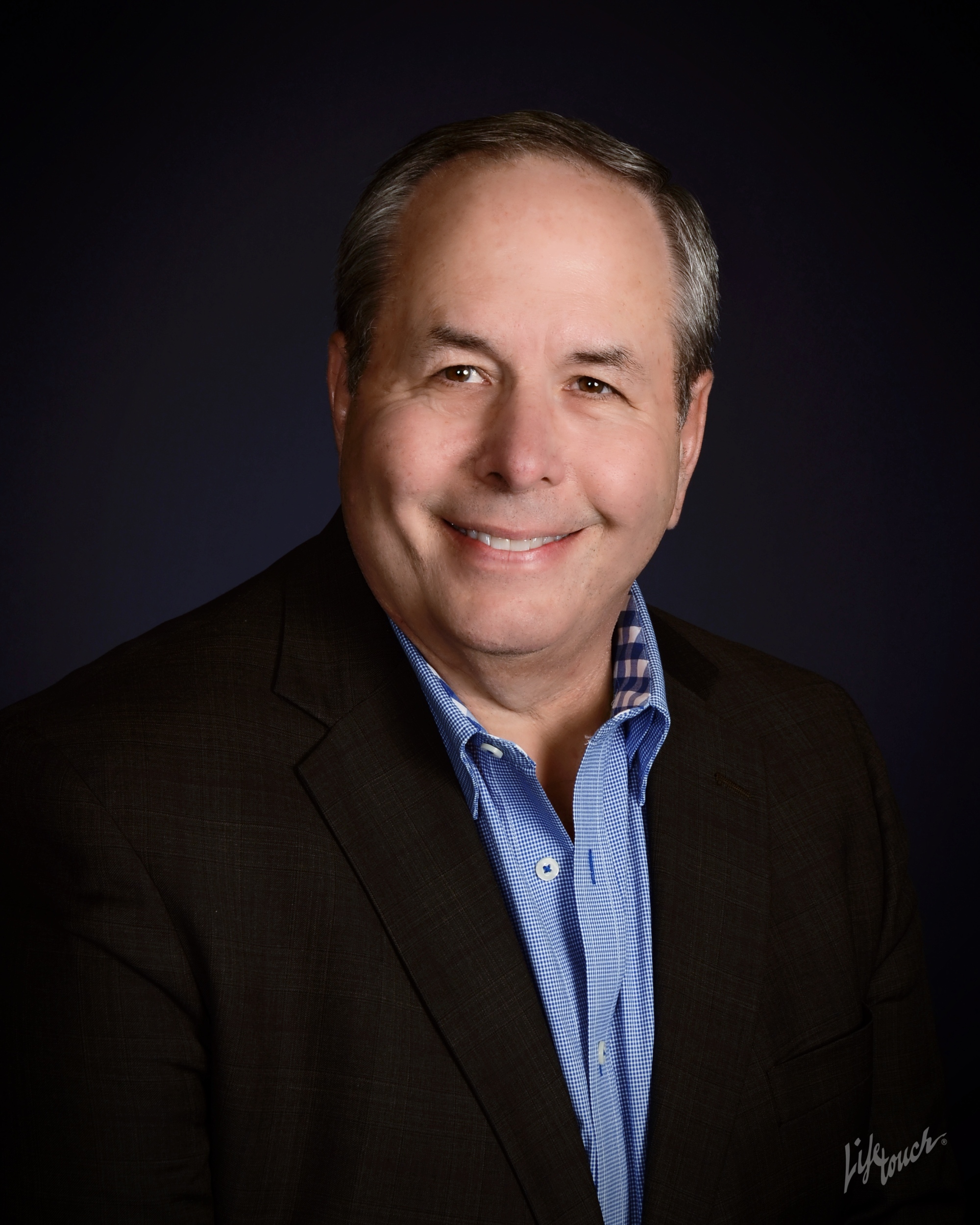
This is a new column and let me explain what the title means.
About three years ago, a group of attorneys and I from across the nation, decided to write a book about the unique legal, health, and financial issues facing older adults — those 50 years old and above. Each of us picked a topic dear to us. Mine was something called life care planning, a type of practice that focuses on assisting families who are dealing with chronic care or aging issues. We submitted chapters to each other for review and editing.
It was a bruising process, some chapters were rejected, but we finished. Then, we were faced with the challenge of a good descriptive title for the book. Numerous ideas were suggested and finally the title “What You need to Know for the Second Half of Life” won the day.
So, this new column is based in part on the idea and title of that book. It will focus on issues that may be of importance to you in the second half of your life.
I am there. I am in the second half of life. I know more than ever that my decisions for planning must take into account not only legal questions, but must also coordinate and temper those decisions with a balance of my financial and health goals and conditions.
This column is intended to discuss that balance. Many times, this column may sound like a diary, or a blog. It will certainly contain stories of actual experiences along the way. Other times, it may address technical changes that I feel you should know about.
Regardless, I hope you will find it informative and sometimes fun.
Randy Clinkscales of Clinkscales Elder Law Practice, PA, Hays, Kansas, is an elder care attorney, practicing in western Kansas. To contact him, please send an email to [email protected]. Disclaimer: The information in the column is for general information purposes and does not constitute legal advice. Each case is different and outcomes depend on the fact of each case and the then applicable law. For specific questions, you should contact a qualified attorney.
